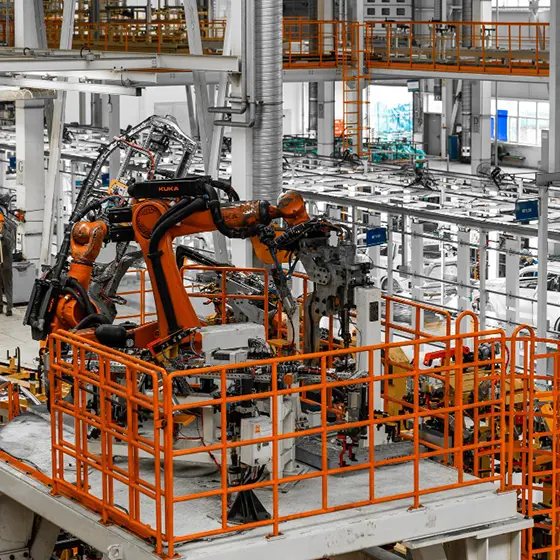
Medical Devices Certification
While importing any medical device under Class A, Class B, Class C & Class D requires certification from the Indian Government


Frequently Asked Questions
Medical Device Certification in India is a regulatory process under the Central Drugs Standard Control Organization (CDSCO) to ensure that medical devices comply with safety, quality, and performance standards before being sold or distributed.
The Central Drugs Standard Control Organization (CDSCO), under the Ministry of Health & Family Welfare, is the main regulatory body responsible for granting medical device certification in India.
Medical devices in India are categorized into four classes based on risk levels: Class A (low risk), Class B (low–moderate risk), Class C (moderate–high risk), and Class D (high risk).
Yes, certification is mandatory for all notified medical devices. Over the years, the list of devices requiring certification has expanded, covering both domestic and imported products.
The required documents include device master file, plant master file, ISO 13485 certification, clinical evaluation reports, and safety & performance test reports.
The timeline varies depending on the class of the device, completeness of documents, and regulatory approvals. On average, it may take 6–9 months for higher-risk categories.
Yes, imported medical devices must be registered and certified with CDSCO before being marketed in India. Manufacturers outside India must appoint an Authorized Indian Agent.
Once granted, a medical device license in India is typically valid for five years, subject to timely renewal and compliance with regulatory requirements.
Selling or distributing uncertified medical devices in India is illegal and may result in product seizure, penalties, or cancellation of licenses.
Companies must submit applications through the CDSCO’s online portal (Sugam), along with required documents, test reports, and applicable fees.